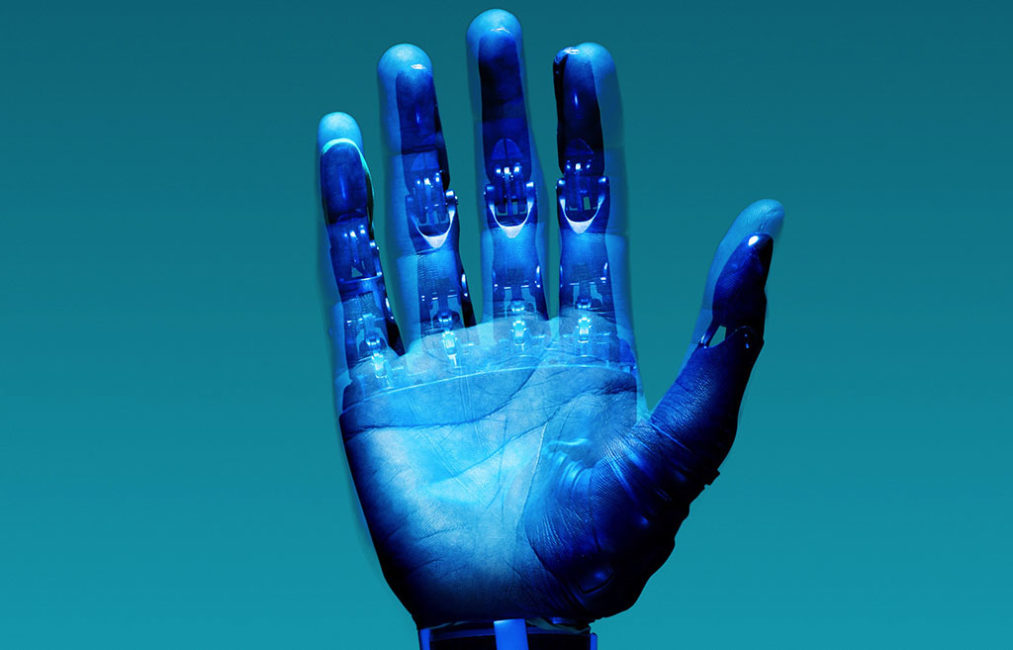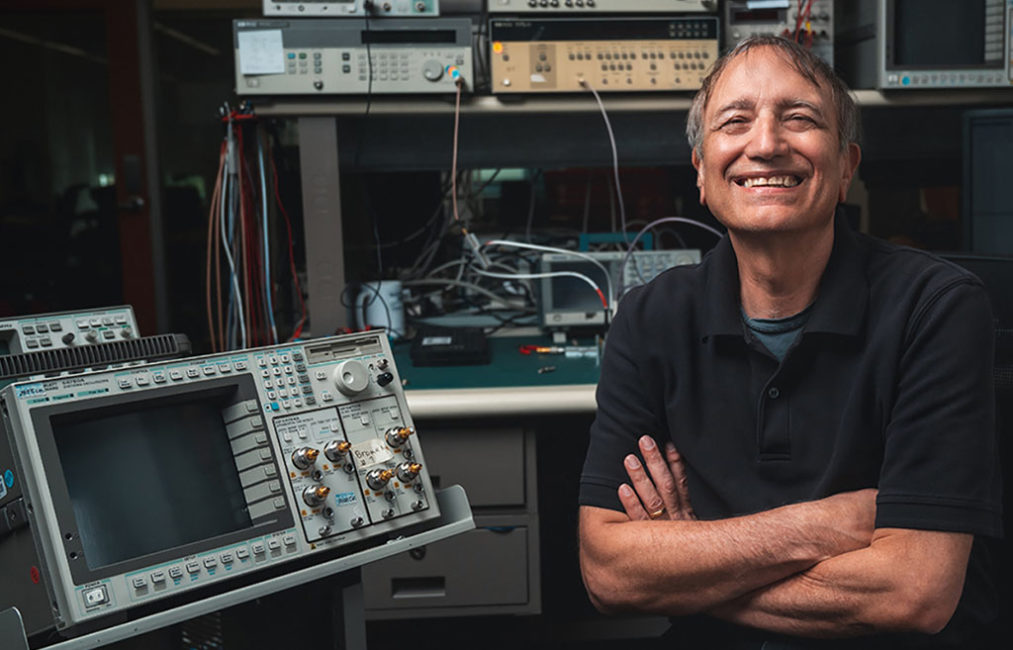Human-Robot Interaction through the Lens of Learning and Control
May 12, 2020
Machine learning and control theory have made substantial advances in the field of robotics in the past decade. However, there are still many challenges when studying robots interacting with humans. Dorsa Sadigh continues the mediaX webinar series "Thinking Tools for Wicked Problems", and will discuss her insights on this issue.
Robotics and AI for COVID Resilience
April 28, 2020
From the mediaX webinar series “Thinking Tools for Wicked Problems”, Neil Jacobstein will cover some of the current uses of AI in addressing COVID-19, focusing on large scale collaborations such as the XPRIZE Pandemic Alliance, the Kaggle COVID-19 Open Research Dataset Challenge, and many team efforts to develop drugs and vaccines.

Re-envisioning the “Seat-Time” Algorithm in Education
Esther Wojcicki, founder of the scholastic journalism program at Palo Alto High School looks at the importance re-envisioning instructional minutes or seat time as defined in the education code.

3 Algorithmists Meet Robin Hood
Bruce Cahan, a lecturer in Stanford’s School of Engineering and mediaX Distinguished Visiting Scholar Alum explains the roles of amplifiers, receivers and the true importance of tuners when dealing with Artificial Intelligence and Machine Learning.

A New Playbook for Corporate Resilience
Diving into Purpose-built Innovation, mediaX Distinguished Visiting Scholar Ajay Madhok explores this strategy that empowers large corporations to seize growth opportunities using the same playbook as startups.

Robotics for Human Resilience
mediaX Distinguished Visiting Scholar Neil Jacobstein addresses the importance of using robots during the COVID-19 pandemic period and beyond as bobotics can be framed as a useful set of tools for seamless extensions of our ability to do local work remotely.

Stanford 3D Computer Graphics Pioneer Wins $1M Turing Award
mediaX Thought Leader and Stanford Computer Scientist and Engineer Pat Hanrahan wins the award from the Association of Computing Machinery, often described as the “Nobel Prize” of computing.
POSTPONED! Double-Distributed Architecture: A Culture-mimetic Approach for Designing Resilient Sustainable Systems
April 14, 2020
In accordance with the new Stanford University policy aimed at stopping the spread of COVID-19 (coronavirus), this seminar is currently postponed. We hope to reschedule for a later date. If a new date is available we will announce it in the near future.
Designing In-situ Interaction with Ubiquitous Robots
January 31, 2020
Lawrence Kim is a PhD candidate in Mechanical Engineering at Stanford University where he is advised by Sean Follmer. His research lies at the intersection of human-computer interaction, robotics, and haptics with a focus on studying the interaction with multi-robot systems. He has received best paper and best paper honorable mention awards at CHI and UIST, and a Fast Company's honorable mention award in Innovation by Design. He is also a recipient of a Samsung Scholarship.